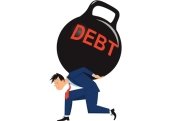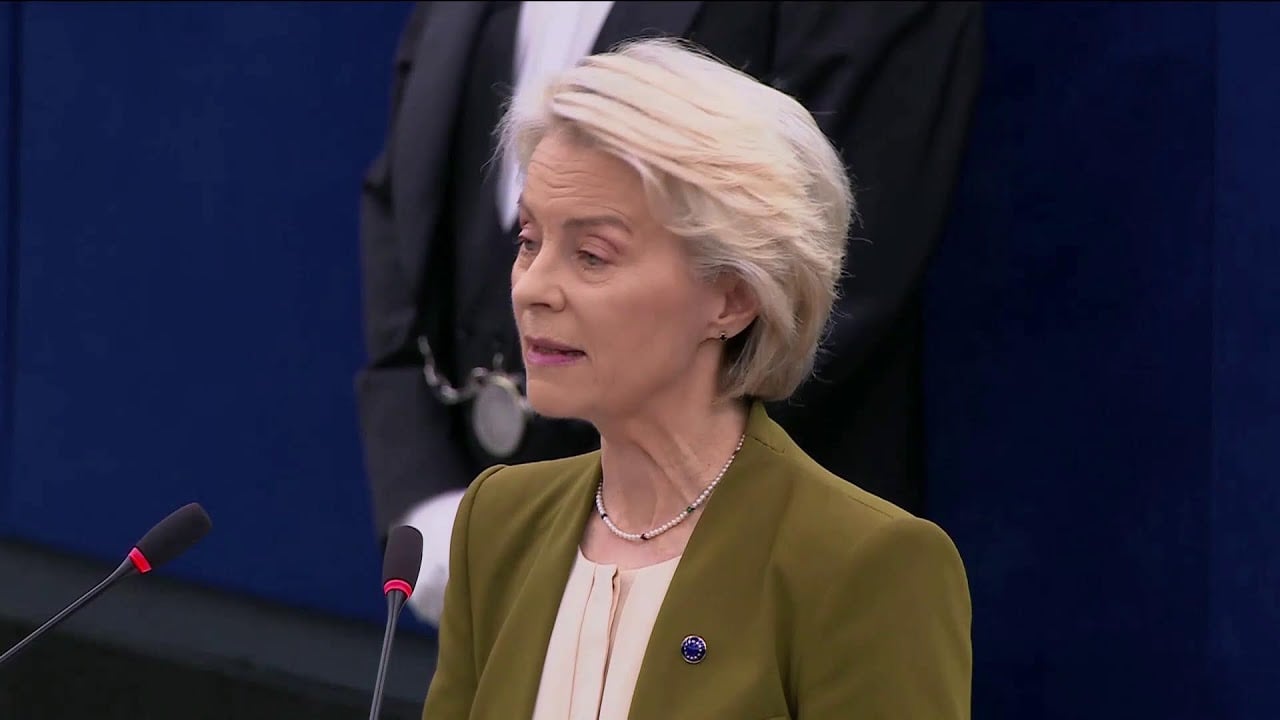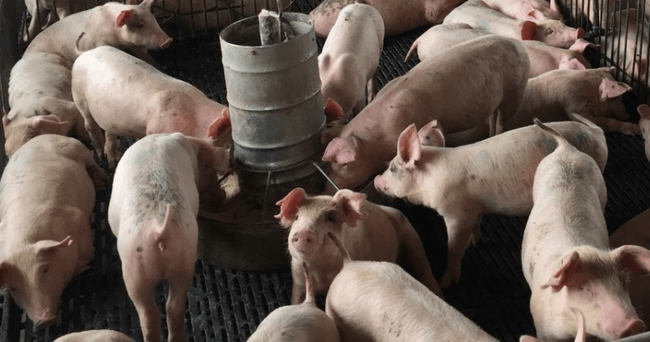In Romania, there are over 70,000 NGOs that should carry out social activities, but only 15% of them, at most, are operating, chair of the National Confederation for Women's Entrepreneurship (CONAF) Cristina Chiriac said on Friday at an online debate on social economy.
"If we had more companies, the entrepreneurial footprint would be larger and a higher percentage of these companies would understand the role of the social economy at its true value, things in Romania would improve at a much faster pace. It is true that Romania has made progress on this segment in the last ten years, but it is still not enough. There are still many inactive NGOs. In Romania there are over 70,000 NGOs that should carry out and carry out social activities, and I think 15% of them, at most, are operating. Consequently, if this social footprint were also active, things would change and improve radically," said Chiriac.
According to her, any entrepreneur could incorporate the social economy part into its activity.
"When I founded CONAF more than eight years ago, I understood how important and how functional this side is in an economy with many slippages. Today, we can connect and talk about data, figures, GDPs, deficits, budget, etc., but if we don't understand which are the vulnerable categories, what the role of NGOs and associations that do social entrepreneurship is, these things will stagnate."
Chiriac added that NGOs, associations, social entrepreneurship, will be able to take over part of the state's social obligations, combining various instruments, such as volunteering, financial contributions through fund-raising, redirecting amounts from large companies to sensitive, disadvantaged social categories.
"It is not only people with disabilities who are part of these categories, there are also young people with a low level of education, women of a certain age who have not found a proper job and others."
She mentioned that the only difference between an entrepreneur and a social entrepreneur is that 90% of the reinvested profit is directed to social purposes and only 10% can be distributed to members, and the general taxation is the same for both.
"As long as we talk about the social economy, but we don't have a well-developed fiscal policy, which weighs and comes up with instruments to help the social economy, the economy, in general, and to raise the share of the fiscal pressure that these social categories pose, we will continue to be like this, probably at an impact of 5-10% with very great efforts on the part of social bodies."
Saying that in many other countries social policy is a priority over fiscal policy, the CONAF chair said that "when the state understands that in addition to fiscal policy there is also a need for a social policy correlated through legislative instruments and adapted to today's needs, then things will change."
"We need not only a fiscal balance, but also a social balance," Chiriac concluded.
The Coalition for the Freedom of Trade and Communication organised on Friday the seventh online debate of this year tackling social economy, which is becoming more and more relevant in a context in which the business community is called to integrate criteria of sustainability, responsibility and social inclusion into the operation of companies.
































Comentează